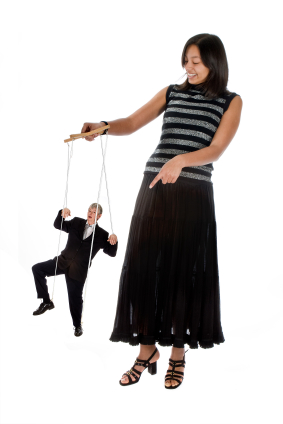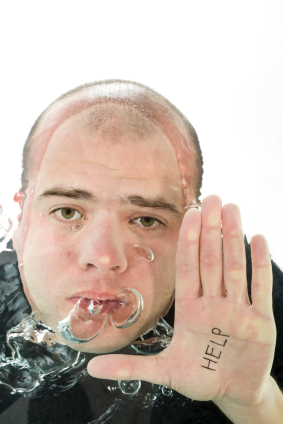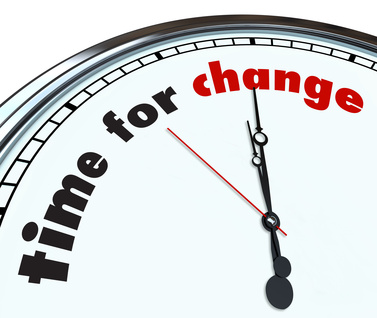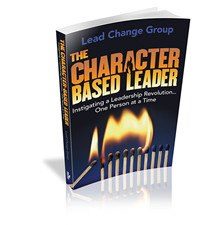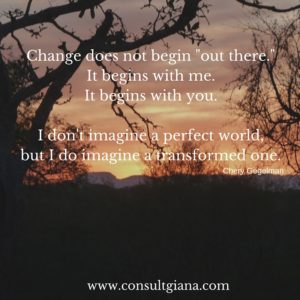This post was originally featured on SmartBlog for Leadership after 20 years of experiences and a very thought-provoking blog written by Jesse Lyn Stoner….
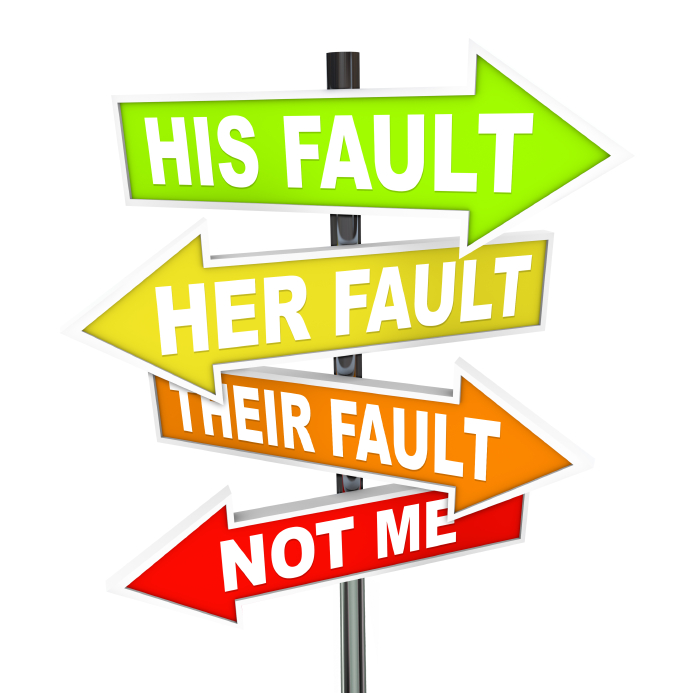
Have you ever been frustrated by name-calling, finger-pointing and the blame game? Or watched how harsh judgments can divide people, divide organizations and result in inefficiency and ineffectiveness?
For 20 years, I’ve observed the impact that judgment has on relationships, families, organizations, neighbors, communities and nations.
When I was a youth director, I noticed that when teens with a strong vision for their own lives said “no” to what was popular to stay focused on personal goals, their peers frequently perceived that they were being judged — even when they weren’t. They in turn judged the teens with vision.
That perception of judgment frequently caused the teens without vision to band together and alienate or bully the teen with clear vision, leaving scars and closing opportunities for both groups to learn from each other.
I watched this same behavior take place in neighborhoods, workplaces, politics, churches and different parts of the world. Sometimes those judgments were real and sometimes they were imagined. Sometimes individuals suffered alone. Often, however, those judgments affected the way people worked together, problems were solved, opportunities were maximized and organizations and economies grew or shrunk.
Collaboration means respecting the people who see things differently, rather than assuming a superior attitude and dismissing them as evil, crazy or out of touch with reality. — Jesse Lyn Stoner


